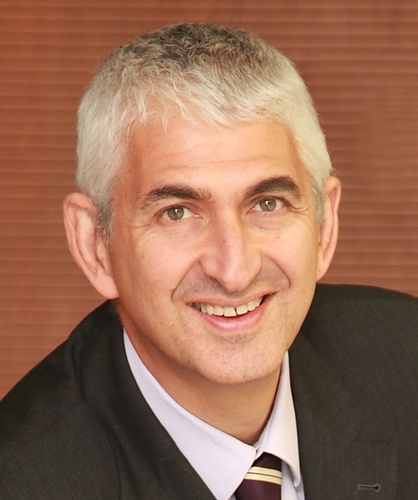How intelligent machines help doctors do more for their patients

Massive advances in technology are changing healthcare systems at an unprecedented rate. The data revolution is an enabler of superior, personalised healthcare. As data storage and processing costs plummet, the variety and richness of data, and our ability to analyse it accurately and rapidly, are exploding.
One area of huge new potential in healthcare and other fields is artificial intelligence. AI is a branch of data science that is developing “intelligent” machines capable of crunching massive volumes of data in order to replicate key aspects of human intelligence such as reaching insights, making decisions, interpreting images or making predictions.
Machine learning, a subset of AI, enables computers to learn as they work, becoming better and better at carrying out specific tasks.
AI-based healthcare systems can quickly learn how to respond to consumer questions with relevant, increasingly accurate information
AI is being applied across many industries and economic sectors, and healthcare is no exception. Consider how often we turn to “Dr Google” for medical information, only to be overwhelmed by vast amounts of often confusing information. By contrast, AI-based healthcare systems can quickly learn how to respond to consumer questions with relevant, increasingly accurate information, and to provide high-level medical guidance.
Discovery Health’s DrConnect app integrates sophisticated AI technology to give members credible answers to questions about medical symptoms.
As users share details, the AI system learns about what the member is asking, poses additional relevant questions and quickly gives a high-level indication of possible diagnoses ranked in order of likelihood, with advice on whether to consult a doctor and how urgently.
Of course, this type of AI-based symptom-checker can never replace a doctor. Rather, in a world in which patients are empowered by the free flow of digital information, AI platforms channel people to credible content and a deeper understanding of the best steps to take next.
Another application of AI is in assisting doctors to make faster, more accurate clinical decisions. For example, AI systems have been shown to be as accurate as highly trained radiologists in identifying breast and brain cancers from scan images.
Does this make radiologists redundant?
Definitely not – it’s likely that AI systems will read vast numbers of images quickly and identify those that need to be reviewed by highly skilled and experienced radiologists, allowing their scarce skills to be used where they are most effective. AI systems, with radiologist backup, could also provide desperately needed skills to patients in remote communities who cannot get to a radiologist.

- Dr Jonathan Broomberg, Chief Executive Officer of Discovery Health